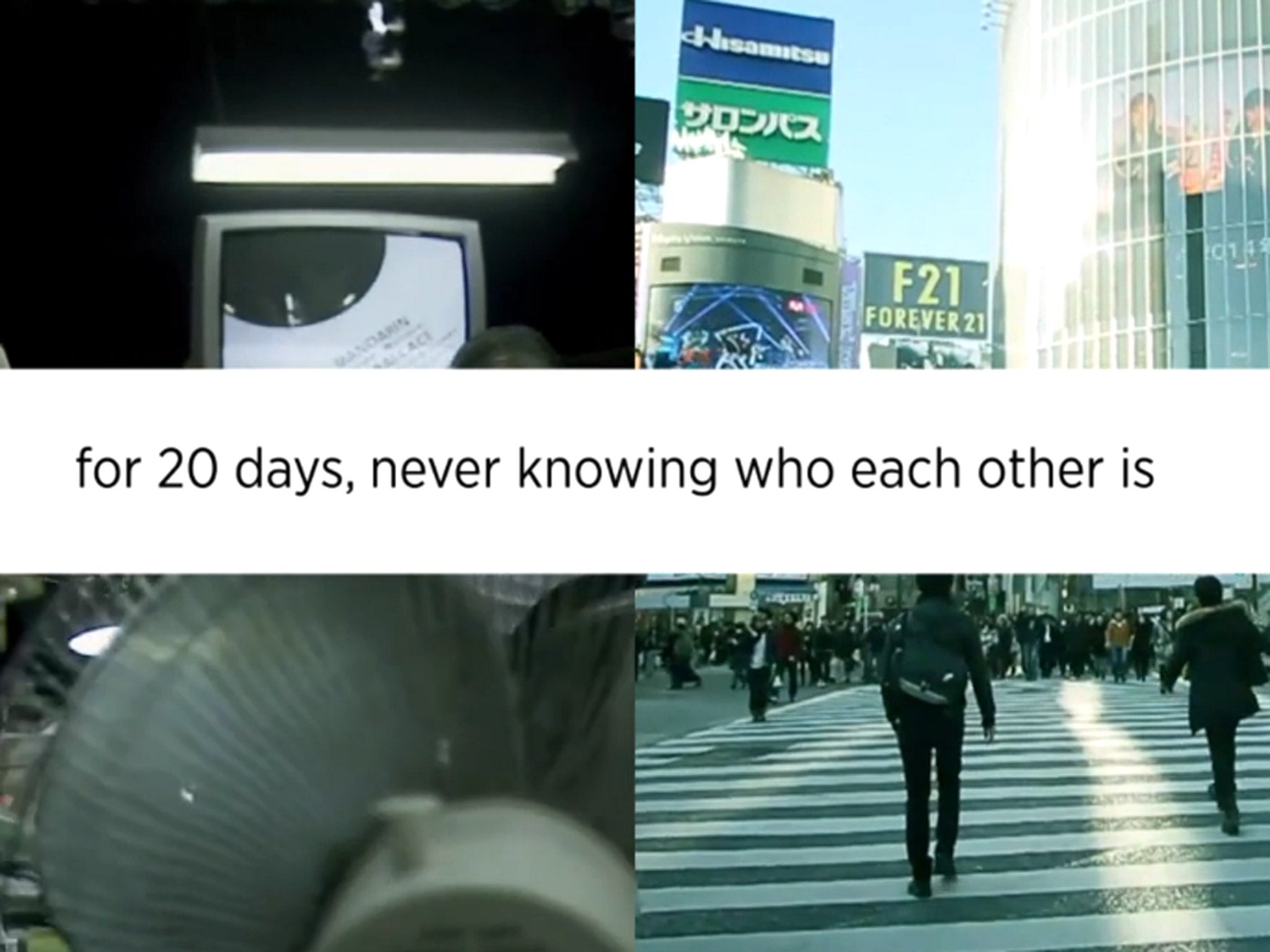Rhodri Marsden: Is Twitter making you miserable? Befriending a stranger might help

I've just been reading about a social-media campaign where a marketing team spent two months planning a tweet about a brand of cheese. When finally unleashed, said tweet disappeared up the timeline virtually unnoticed, burning out immediately like a moth in a flame.
This fact has been causing much amusement on Twitter, but many of the amused spend a great deal of time on social media engaged in an equally absurd marketing campaign to promote themselves. We feel compelled to impress, either with the things that we've achieved or the activities we're involved in, and the result is a deeply distorted picture of what our lives are actually like.
One of the consequences of this is a low-level, omnipresent envy; even people who aren't jealous by nature find themselves wondering how their more fortunate online acquaintances could afford that holiday, or those shoes, or land that plum job. It promotes a fallacy that there's a finite amount of happiness, a limited amount of success to be shared between us, and we're missing our chance to grab our rightful slice of the pie. It's one of many unusual psychological effects related to social media, and the overall effect can be toxic.
One of the solutions is, of course, to avoid social media altogether. My own approach is to actively battle the crowing by posting inconsequential observations that couldn't possibly inspire envy in anybody. I relish the responsibility I feel to be boring, but a better idea has been hit upon by The Dalai Lama Centre for Ethics and Transformative Values at MIT in Boston. It's working on an app called 20 Day Stranger that anonymously pairs you up with a stranger at random – usually from the other side of the world – who has also agreed to participate in the project.
It then links your location data with information and pictures from Google Street View, Instagram and Foursquare to give them an idea of how you spend your time. It's like reciprocal stalking, but no one knows who anyone is and, more importantly, all positive or negative spin is removed.
You can't tell the stranger about your sexually adventurous weekend in Rhyl, they'll just be aware that you've spent some time in Rhyl. The aim, says MIT, is to promote empathy rather than envy.
The inspiration for the app came from the observation that social media pulls us into a bubble and distances us from those outside it; the aim was to find a way of making anonymous connections between strangers that weren't characterised by the kind of boasting, rudeness and contempt you see in apps such as Secret.
The idea of a social-media tool that removes our own voice and reminds us that the world doesn't revolve around us will appeal to anyone who's weary of the digital rat race; we should be anchored in reality and be aware that all our lives are far more humdrum that we'd ever like to admit.
Of course, there is a remote chance that you'd be unfortunate enough to be paired up with Kim Kardashian and be confronted with pictures of mansions and swish hotels while she watches your progress around the Northampton ring road. But you'd have to be unlucky.
After 20 days – enough, according to MIT, to sense the rhythm of the life of someone else – you're disconnected, and given the chance to exchange just one message. If you use that message to tell the stranger about your fantastic new sports car, well, shame on you.
Subscribe to Independent Premium to bookmark this article
Want to bookmark your favourite articles and stories to read or reference later? Start your Independent Premium subscription today.

Join our commenting forum
Join thought-provoking conversations, follow other Independent readers and see their replies